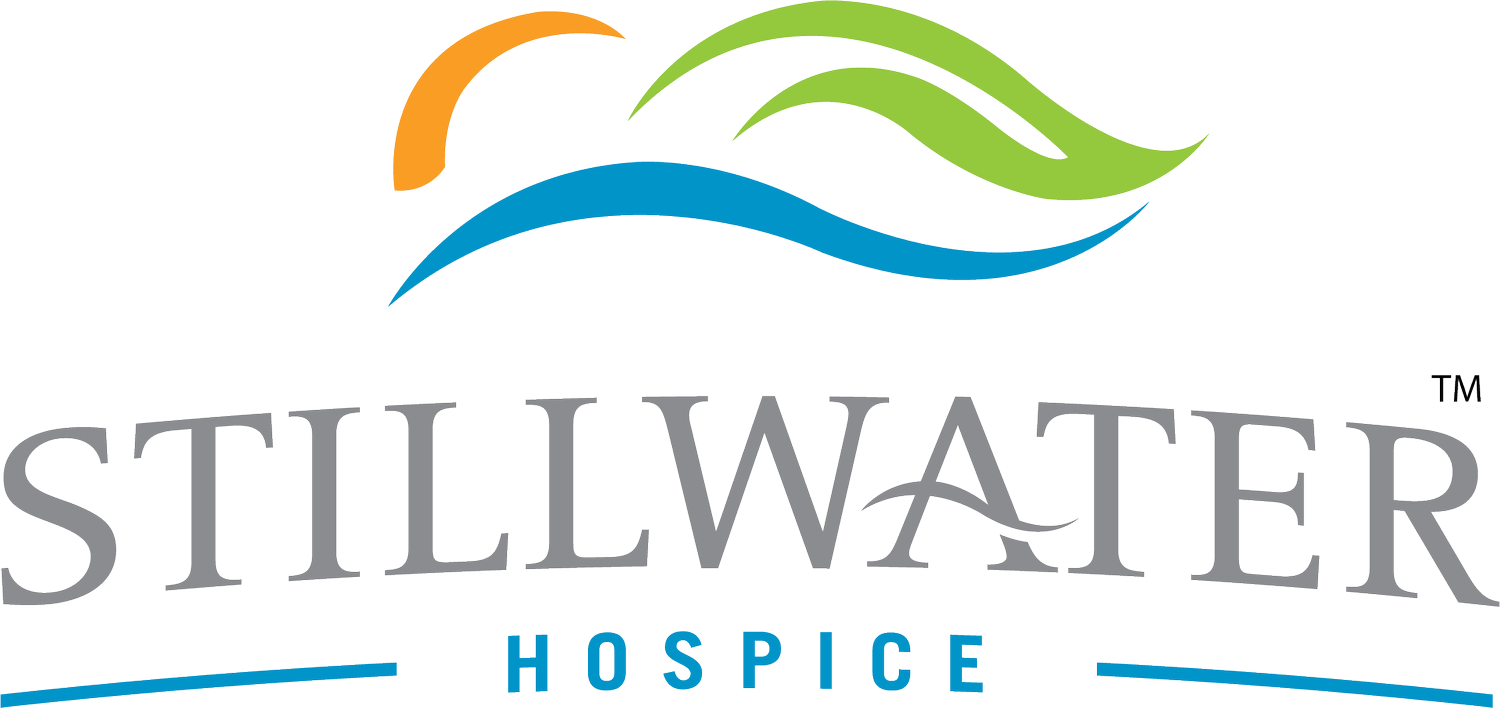Advance Care Planning Defined
What you need to know
Advance Care Planning is how people, providers, family members, and caregivers determine patient preferences for end-of-life care if they can no longer convey their desires. It is essential to think through your priorities and to have the tough talk while all parties involved are emotionally and physically available.
Why It Is Important
There often is potential for conflict when direct dialog and advanced care planning has yet to occur. In addition, family members who are typically amicable may have differing opinions about what to do when faced with challenging decisions; this disparity in views may cause distress. The process of advance care planning is equally beneficial to the patient by ensuring their wishes are honored, as it is for a family's peace of mind.
Is Documentation Required?
There are a variety of directive documents used to record end-of-life wishes.
Power of Attorney (POA): designates a proxy you elect to make decisions on your behalf; they will articulate to the provider the kinds of care you expressed. The durable power of attorney for health care only becomes effective when the patient does not have the medical capacity or the ability to speak for themselves because they have been incapacitated mentally or are under the influence of medications interfering with their ability to make sound decisions.
Durable Power of Attorney (DPOA): extends the POA authority so that the proxy can make determinations on your behalf even if you are hindered or have worsening mental function; due to things like:
Deteriorating mental faculties, such as dementia
Vegetative state
Mental illness
Incompetency
Altered medicated or intoxicated state
Unconsciousness
Coma
A proxy is legally bound to manage decisions about your health care and follow your intentions to the best of their ability. However, while a DPOA outlines who can make decisions, it doesn't specify those determinations with precision; for that, you need a living will.
What is the real difference between a POA and a Durable POA? Durable means the POA remains effective even if the principal becomes incapacitated. Under the Montana Uniform POA Act, a POA is considered durable unless the document explicitly states that the principal's incapacity terminates it. With a durable POA, an agent can handle the principal's financial affairs without needing court action.
A Living Will Details Final Wishes
A living will details wishes regarding life-extending therapies and is helpful in the event that you are indefinitely unconscious, in a vegetative state, or dying from a terminal illness. A living will outlines the circumstances by which you wish to be kept alive or allowed to die.
These considerations may be as follows:
Being put on a respirator or feeding tube (life support)
Heart resuscitation
Having emergency surgery
How aggressively to control pain and infection
Whether dialysis should be implemented
The decision to prolong your life if comatose
Organ and tissue donation
The donation of your body to science
Cultural, religious, spiritual, or personal preferences
Medical professionals will exhaust all efforts to keep you alive without a living will.
Do You Need a Do-Not-Resusitate (DNR) Order?
A DNR order identifies the situations under which you prefer not to have your life saved by cardiopulmonary resuscitation or CPR; you will not be revived if your heart stops. Therefore, a healthcare practitioner must put a DNR in place. Once done, medical personnel can't try to revive you even if the practitioner is confident they could save your life.
You can only override a DNR that you directed. However, a healthcare proxy or family member can request and revoke a DNR order if you cannot express your wishes.
Are You an Organ Donor?
April is designated National Donate Life Month; are you an organ donor?
For some, deciding to be an organ donor is straightforward. However, others may need help with the idea for a myriad of reasons, including religious beliefs.
After death, as an organ donor, you could supply numerous donated tissues, cells, and organs, including:
Bone
Bone marrow
Connective tissue
Tendons, and ligaments
Eyes
Heart
Liver
Skin
Stem cells
How To Get Started
Many common forms for each state are available online. In addition, they include some interactive forms that will ask you questions and generate a document tailored to the information you provide. Some hospitals and healthcare providers can also provide you with documentation.
To become an organ donor, you must sign up at your state's department of motor vehicles. To learn more, visit the Health Resources and Services Administration's website for details about your state requirements.
End-of-life records that are mainly for the elderly or terminally ill—a DNR and similar documents—are medical directives you must ask your doctor to prepare.
These processes can be accomplished without any legal counsel, but there are advantages to employing an attorney. They can help ensure that the language is clear and the content is complete so your wishes are fulfilled, and your proxy or family does not dispute the documents.
How We Can Help
Social workers on our team help walk the patients and families through all advanced directives. We can fill out POLST, financial and medical POAs, and living wills. In addition, we have a notary that can go to the patient's location for convenience. Reach out to our team for assistance.


